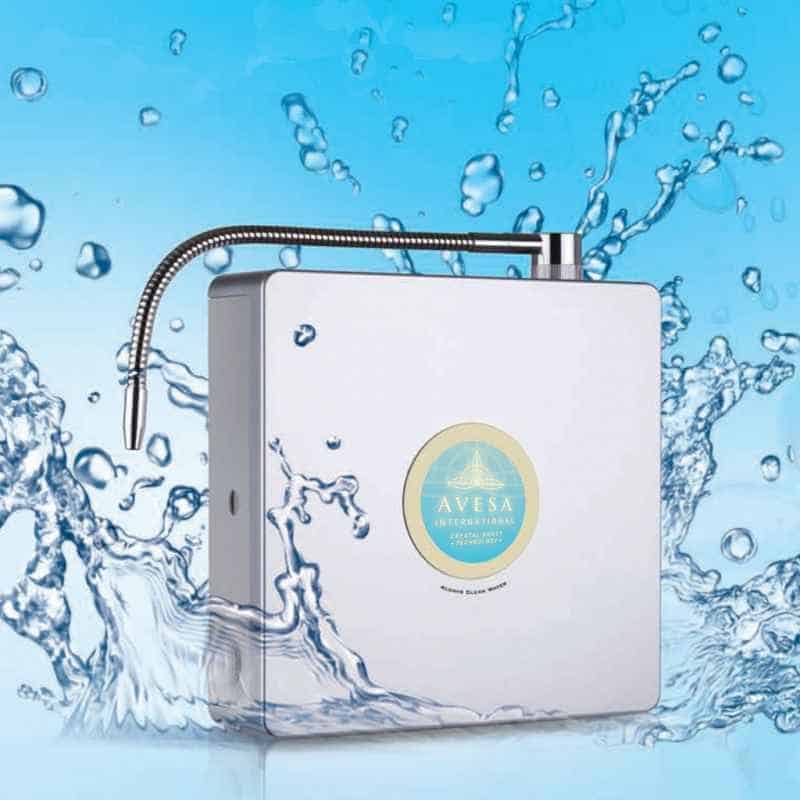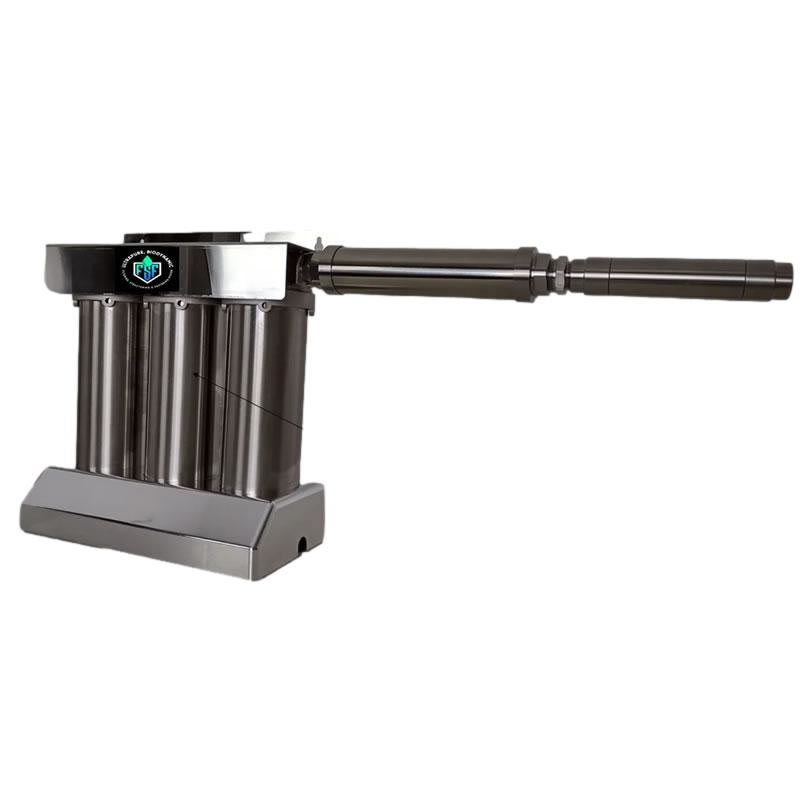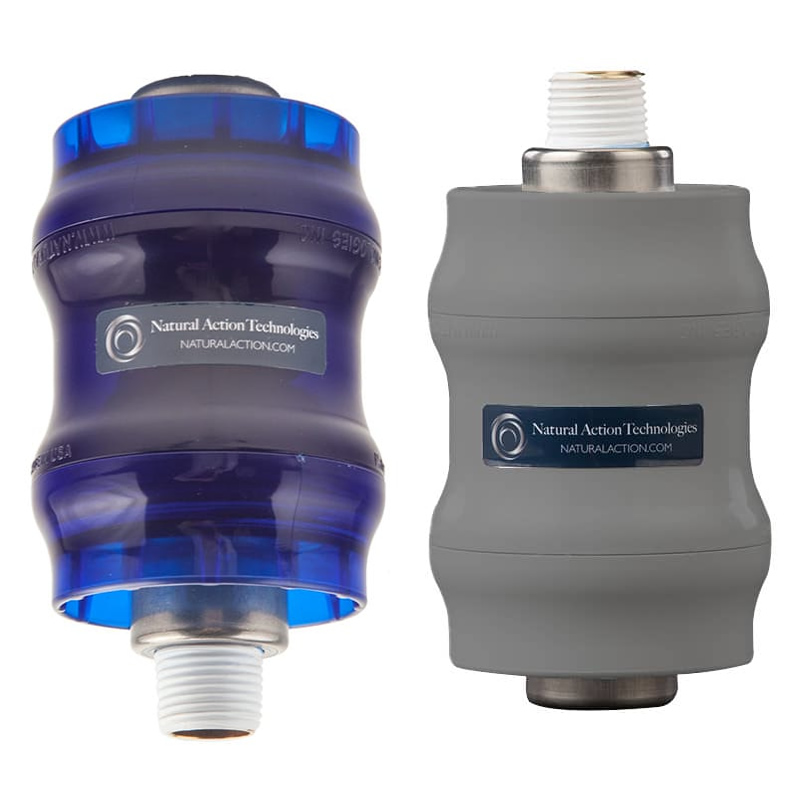No products in the cart.
Hazards of Chlorine in Your Shower
Did You Know that taking a shower may be hazardous to your health?
Is it not ironic that keeping your body clean is exposing you to significant health risks?
You may be aware of the dangers of drinking unfiltered water, but did you consider showering in unfiltered water a health risk? According to the health science institute you absorb more chlorine in a ten minute shower than if you drank eight glasses of the same water. Your pores open up when you take a hot shower allowing the chlorine to pass thru your skin and absorb directly into your blood stream at a rate that is up to six to eight times higher than drinking.
Read more: How Skin Absorbs Water | eHow.com
The Sad Truth About Your Shower Water
Research presented at the American Chemical Society (back in) 1986 demonstrated that showering in tap water leads to greater exposure to toxic chemicals than drinking the water.
The risks of chlorine exposure are serious including, but not limited to
- Irritation of the eyes, sinuses, throat, and skin
- Aggravation of the lungs
- Excessive free radical formation = accelerated aging
- Hardened arteries
- Difficulty metabolizing cholesterol
- Higher vulnerability to genetic mutation
- Development of cancer
In a recent article in The American Journal of Public Health, chlorine was linked to measurable increases in certain types of cancer. The article also reported that up to 2/3 of our harmful exposure to chlorine is through absorption by the skin during showering. Even if you cant detect the presence of chlorine in your water by its smell or taste, that doesnt mean youre safe from the consequence of exposure. Chlorine exposure can be especially harmful for individuals with sinus problems, allergies, skin rashes, emphysema and asthma.
Inhaling Chloroform?
The most current findings from the U.S. Environmental Protection Agency (EPA) indicate that virtually every home in America has a detectable level of chloroform gas in the air. Chloroform is a derivative of chlorine and formaldehyde, a known carcinogen. Chlorine and showering are its source. Anyone who showers regularly should be concerned about the dangers of chlorine exposure, but especially those who suffer from dry and irritated skin; damaged and brittle hair; flaky or itchy scalp; or redness and burning of the eyes.
Experts used to believe that ingestion was the primary method of chlorine intake, but new studies show that inhalation and skin exposure intake are even higher. One of the most prevalent forms of chlorine taken in through inhalation is chloroform. Remember, chloroform is a carcinogen, and its also linked to excessive free radical formation, cell mutation, and the oxidation of cholesterol. Dr. Mercola said that when we inhale chloroform, it goes directly into our bloodstreams without any kind of preliminary detoxification. So unless you are regularly taking minute-long showers in cold water, your body is like a sponge for these airborne toxins every second you spend in the shower.
How to Protect Yourself from the Hazards of Chlorine
Obviously, avoiding showers altogether is not an option. Theres a far better (and simpler) solution and that is to get the chlorine out of your water. The best way to eliminate chlorine and its hazardous derivatives from your water supply is to install a shower filter. The shower filter we recommend is effective and easy to use. It connects directly to the pipe (or the faucet for your bath), and removes not only chlorine but also other chemicals such as water-soluble lead, mercury, nickel, chromium, iron, and other metals. KDF filters remove contaminants, and with the added Prills and Pearls also enhance the waters pH balance, surface tension, ORP and water clusters.
If you are using municipal water to shower or bathe, you need to actively protect your body from the chemicals and volatile organic compounds (VOCs) that you would be exposed to when not using a filter. As well as chlorine, we can also filter out chloramines perhaps an even more insidious poison. You will need to check with your local water company to find out which one you have. If your water does not smell of chlorine, it may well be the less smelly, but more dangerous chloramine.
An ordinary chlorine filter is fine, but one that optimizes the water structuring is even better. You can even use this filter to water your garden, your animals, fill your RV or treat the water in your hot tub or the swimming pool. Would it not be cool to be able to take a dip in water that is free of toxins? Water Filter is an investment that you and your family will truly appreciate.







